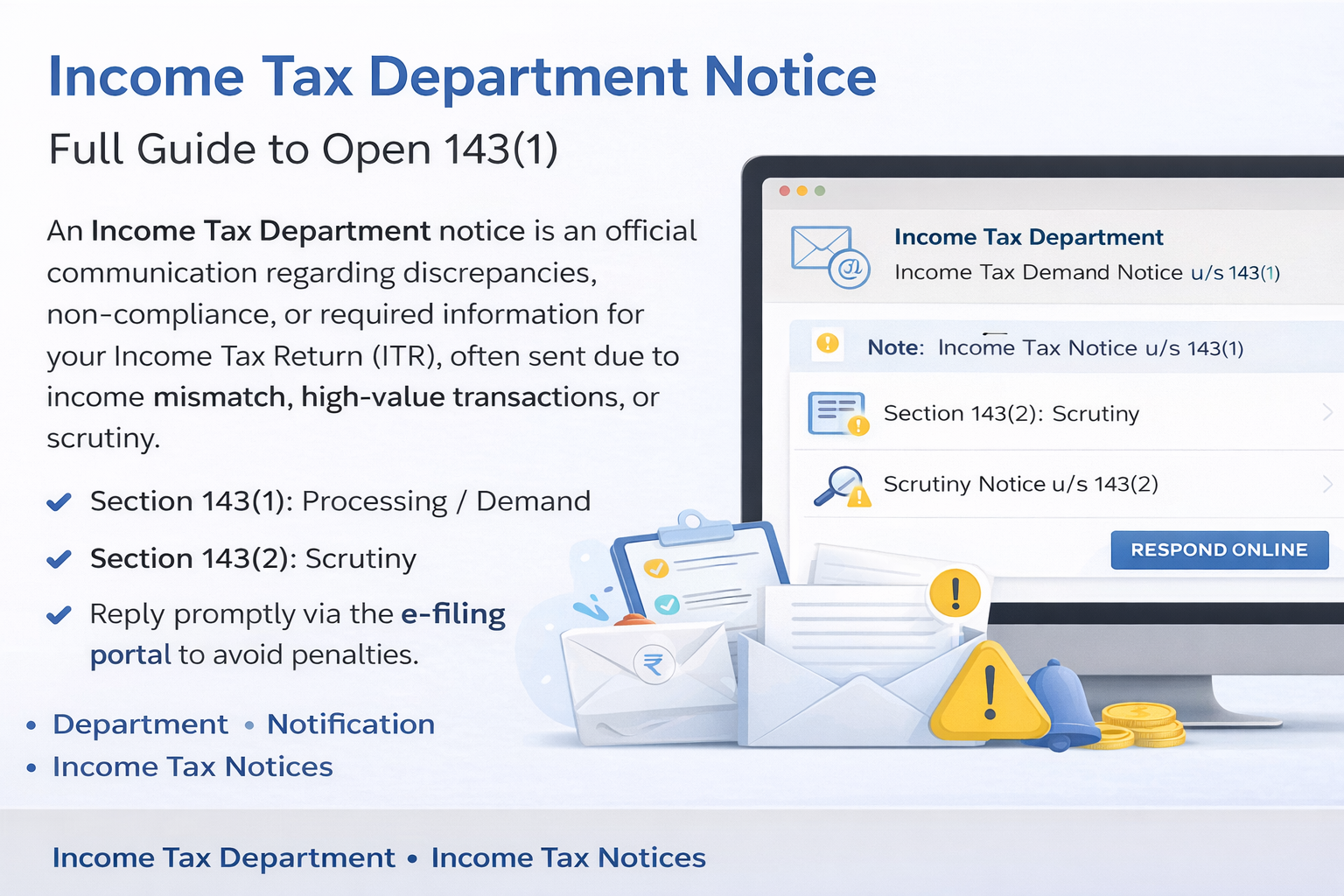
When it comes to smart investing, you’ll often hear the term SIP thrown around. But what is SIP exactly, and why is it considered one of the most beginner-friendly ways to build wealth? Let’s break it down in simple words.
📘 Full Form of SIP
SIP stands for Systematic Investment Plan.
It’s a method of investing a fixed amount regularly—usually monthly—into a mutual fund. Instead of putting in a big lump sum all at once, SIP lets you start small & build wealth slowly, steadily, and systematically over time. "
💡 What SIP Means in Practical Terms
A SIP is like setting a money alarm that reminds your bank to invest, say, ₹1,000 or ₹5,000 every month into a chosen mutual fund. Over time, these small investments add up and grow thanks to the power of compounding.
What makes SIP attractive is that you don’t need to time the market. Since you're investing consistently, you buy more units when the market is down & fewer when it’s high—this is called rupee cost averaging.
🧠 SIP is Not Just a Jargon—It’s a Mindset
Here’s what SIP means for you:
- Discipline: It builds a habit of saving before spending.
- Affordability: You can start with as little as ₹500 a month.
- Compounding: Your returns earn returns, making your money grow faster.
- Convenience: It's automatic, easy to set up, and doesn't need constant attention.
- Long-term vision: Ideal for goals like retirement, child education, or buying a house."
🔍 Why Knowing the Full Form of SIP is Not Enough
While understanding that SIP means Systematic Investment Plan is the first step, knowing how it helps you is even more important. It gives you a smart way to invest without worrying about market ups and downs.
It’s perfect for salaried individuals, first-time investors, and anyone who wants to create wealth without market anxiety.
Also Read: How Rs 1 Lakh Can Become Rs 1 Crore: The Magic of Compounding if You Start Early
🧾 Example of How SIP Works
Let’s say you invest ₹5,000 per month in a mutual fund via SIP for 15 years, assuming a 12% average annual return.
In 15 years, your total investment will be ₹9 lakh. But the corpus you’ll get? Close to ₹20 lakh—more than double, thanks to compounding & consistency.
This is the real meaning of SIP: turning small steps into big results over time.
📈 SIP is Not Just for Experts
Contrary to popular belief, SIP doesn’t require any deep financial knowledge. You don’t need to track the stock market or time your entry. Once set, your money keeps working in the background, freeing you to focus on your goals.
🧠 SIP vs. Lump Sum – What’s Better?
If you have a large amount lying idle, lump sum investing may look tempting. But for most people, especially those with monthly incomes, SIP is the better route. It reduces risk, builds the investing habit, & avoids the “market timing” trap.
📌 Final Thoughts
Knowing the full form of SIP—Systematic Investment Plan—is just the beginning. What it means is far more valuable: a simple, structured, and stress-free way to invest your money. Whether you’re saving for your child’s future, planning your retirement, or just starting your wealth journey, SIP can be your best friend.
🔗 Want to get started with SIPs but unsure how?
Get expert-backed investment planning and tax-smart advice on Callmyca.com—because your SIP deserves more than just automation, it deserves strategy.










